Ever felt a burning sensation in your stomach that just won’t quit? Over 25% of adults experience symptoms linked to Helicobacter pylori (H. pylori), a common stomach bacteria tied to pain, acidity, and even ulcers, according to a 2023 Gastroenterology study. The good news? You can fight it naturally with simple, science-backed remedies. From soothing teas to gut-friendly foods, this article reveals seven effective ways to combat H. pylori and ease discomfort without relying solely on antibiotics. With practical tips, recipes, and real-life stories, you’ll learn how to restore your gut health naturally. Ready to say goodbye to stomach pain and feel your best? Let’s dive into these powerful, accessible solutions.

Understanding H. pylori and Its Impact
Helicobacter pylori is a spiral-shaped bacteria that lives in the stomach lining, affecting nearly half the global population, per the World Health Organization. It disrupts the stomach’s protective mucus, causing acidity, bloating, and pain. Left untreated, it may lead to ulcers or, in rare cases, stomach cancer. A 2021 Journal of Clinical Gastroenterology study links H. pylori to 80% of gastric ulcers.
Symptoms include burning stomach pain, nausea, and frequent burping. While antibiotics are standard treatment, natural remedies can support eradication and symptom relief, especially for mild cases or as complementary therapy. These methods leverage anti-bacterial and anti-inflammatory properties of common foods and herbs, offering a gentle, cost-effective approach.
7 Natural Remedies to Combat H. pylori
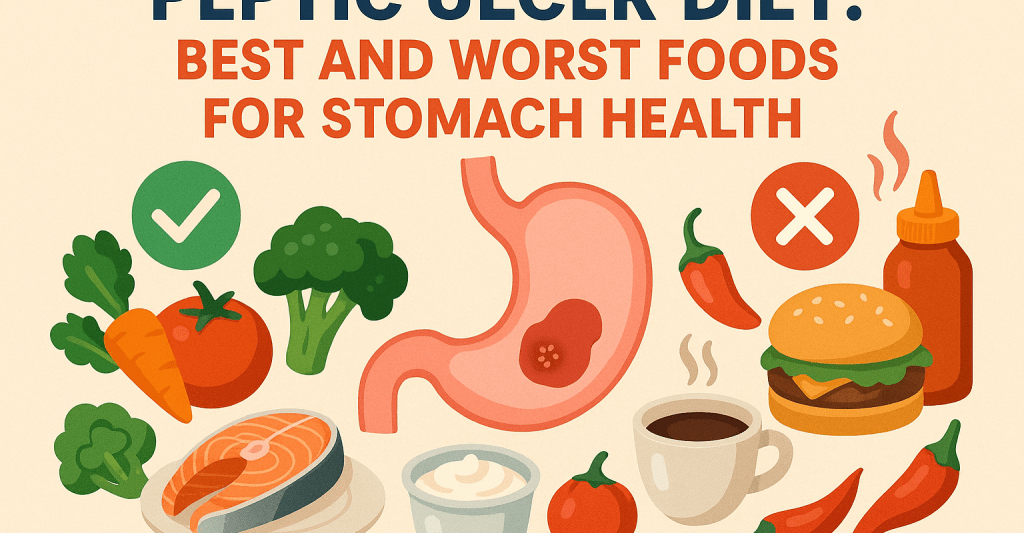
These seven remedies harness nature’s power to fight H. pylori and soothe your stomach. Each is backed by research and easy to incorporate.
1. Probiotic-Rich Foods
Probiotics introduce beneficial bacteria to crowd out H. pylori. A 2020 Nutrients study found that probiotics, like those in yogurt and kefir, reduce H. pylori density and improve gut health.
How to Use:
- Eat 1 cup of plain, unsweetened yogurt daily with live cultures.
- Try kefir smoothies or fermented foods like sauerkraut.
- Combine with prebiotic foods (bananas, onions) to boost probiotic effects.
Tip: Choose unsweetened varieties to avoid feeding harmful bacteria with sugar.
2. Green Tea
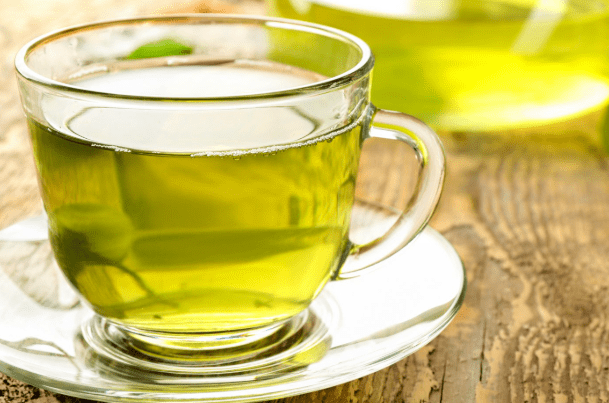
Green tea’s catechins, particularly epigallocatechin gallate (EGCG), have antibacterial properties that inhibit H. pylori growth, per a 2019 Frontiers in Microbiology study.
How to Use:
- Brew 1-2 cups of green tea daily using high-quality loose leaves or bags.
- Drink unsweetened, ideally between meals, to maximize absorption.
- Add a slice of lemon for extra vitamin C to support immunity.
Tip: Avoid boiling water to preserve catechins; steep at 175°F.
3. Raw Honey

Honey’s natural antimicrobial properties, including hydrogen peroxide, can suppress H. pylori, according to a 2021 Journal of Ethnopharmacology study. Manuka honey is especially effective.
How to Use:
- Take 1 tsp of raw or Manuka honey daily, alone or mixed in warm water.
- Spread on whole-grain toast for a gut-friendly breakfast.
- Avoid heating honey excessively to retain its benefits.
Tip: Look for UMF-rated Manuka honey for higher potency.
4. Broccoli Sprouts
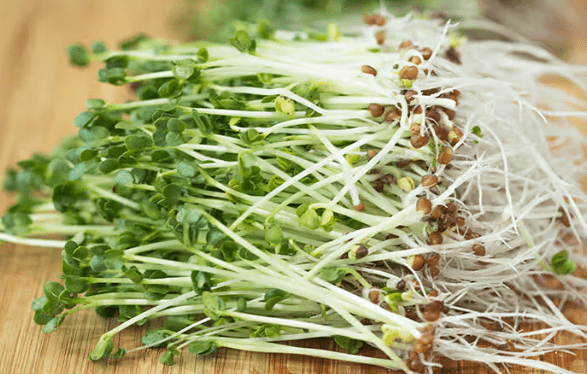
Broccoli sprouts contain sulforaphane, a compound that kills H. pylori and repairs stomach lining damage, per a 2020 Phytotherapy Research study.
How to Use:
- Add 1/2 cup of fresh broccoli sprouts to salads or smoothies daily.
- Lightly steam to preserve sulforaphane if raw taste is too strong.
- Grow your own sprouts at home for freshness and cost savings.
Tip: Rinse sprouts thoroughly to avoid contamination.
5. Garlic
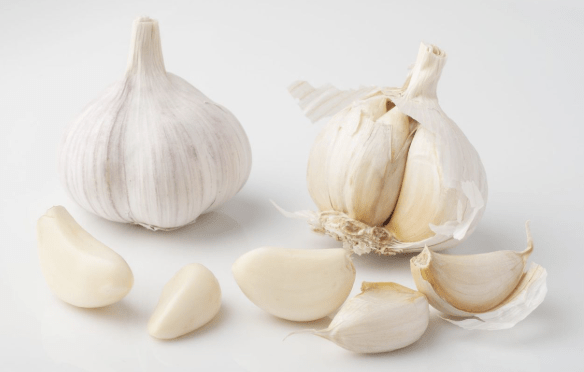
Garlic’s allicin has potent antibacterial effects against H. pylori, as noted in a 2018 Antimicrobial Agents and Chemotherapy study.
How to Use:
- Add 1-2 minced raw garlic cloves to meals daily.
- Mix into hummus or salad dressings for easier consumption.
- If raw garlic is too strong, try odorless garlic supplements after consulting a doctor.
Tip: Crush garlic and let it sit for 10 minutes before use to maximize allicin.
6. Ginger
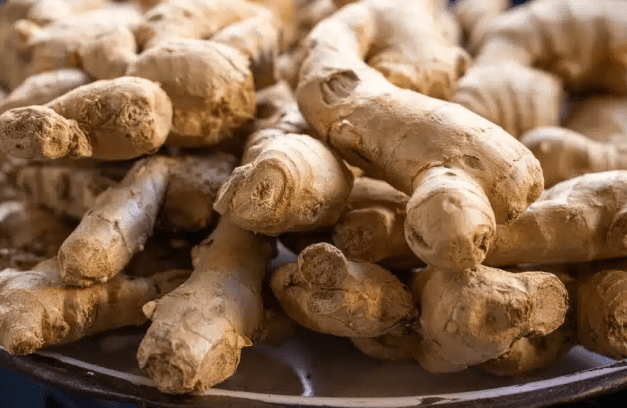
Ginger’s gingerol reduces inflammation and inhibits H. pylori growth, per a 2021 Journal of Gastroenterology study.
How to Use:
- Brew ginger tea with a 1-inch piece of fresh ginger in hot water.
- Add grated ginger to soups or stir-fries for flavor and benefits.
- Drink 1-2 cups of ginger tea daily, ideally before meals.
Tip: Pair with honey for a soothing, anti-bacterial boost.
7. Licorice Root
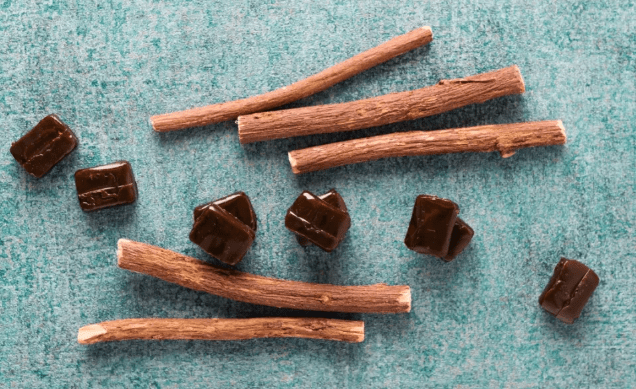
Deglycyrrhizinated licorice (DGL) soothes the stomach lining and inhibits H. pylori, according to a 2019 Digestive Diseases and Sciences study.
How to Use:
- Chew DGL tablets (380 mg) before meals, 1-2 times daily.
- Brew licorice root tea for a milder option, limiting to 1 cup daily.
- Consult a doctor if using long-term, as licorice can affect blood pressure.
Tip: Avoid regular licorice if you have hypertension.
Quick Reference Table
| Remedy | Key Benefit | How to Use | Frequency |
|---|---|---|---|
| Probiotics | Crowds out H. pylori | Yogurt, kefir | Daily |
| Green Tea | Inhibits bacterial growth | 1-2 cups tea | Daily |
| Raw Honey | Antimicrobial action | 1 tsp daily | Daily |
| Broccoli Sprouts | Kills H. pylori, repairs lining | 1/2 cup in meals | Daily |
| Garlic | Antibacterial allicin | 1-2 cloves in food | Daily |
| Ginger | Reduces inflammation | Tea or in meals | 1-2 times daily |
| Licorice Root | Soothes stomach lining | DGL tablets or tea | 1-2 times daily |
Real-Life Success Stories
Meet Anna, a 42-year-old accountant who suffered from chronic stomach pain and bloating. After testing positive for H. pylori, she added broccoli sprouts and green tea to her diet alongside antibiotics. Within six weeks, her symptoms eased, and follow-up tests showed reduced bacterial levels. She credits the natural remedies for speeding her recovery.
Then there’s Mark, a 50-year-old chef, who avoided antibiotics due to allergies. He used raw honey and garlic daily, noticing less acidity and improved digestion after a month. These stories highlight how natural remedies can complement or, in some cases, support standalone efforts against H. pylori.
Tips to Maximize Results and Avoid Pitfalls
To get the most from these remedies, follow these guidelines:
- Be consistent: Use remedies daily for 4-8 weeks to see results.
- Pair with a healthy diet: Avoid spicy, acidic foods that irritate the stomach.
- Stay hydrated: Drink 8-10 cups of water daily to support digestion.
- Test for H. pylori: Confirm infection with a doctor via breath or stool tests before relying solely on natural remedies.
- Monitor symptoms: If pain worsens or persists, seek medical advice promptly.
- Avoid overuse: Limit licorice and garlic to recommended doses to prevent side effects like nausea or blood pressure changes.
Combine these remedies with stress management and adequate sleep for a holistic approach to gut health.
Lifestyle Changes to Support Stomach Health
Beyond remedies, these habits can enhance your fight against H. pylori:
- Eat smaller meals: Smaller, frequent meals reduce stomach acid buildup.
- Avoid trigger foods: Cut back on caffeine, alcohol, and processed foods.
- Practice stress relief: Yoga or meditation lowers stress, which can exacerbate H. pylori symptoms.
- Maintain hygiene: Wash hands frequently to prevent reinfection, as H. pylori can spread through contaminated food or water.
- Get tested regularly: If you’ve had H. pylori, periodic tests ensure it’s eradicated, per the American College of Gastroenterology.
These changes create an environment where H. pylori struggles to thrive, amplifying the remedies’ effects.
Addressing Common Questions About H. pylori Remedies
Can natural remedies fully eliminate H. pylori?
They may reduce bacterial load and symptoms but often need to complement antibiotics for complete eradication. Consult a doctor for testing.
How long until I feel relief?
Many notice reduced pain or acidity within 2-4 weeks, but full benefits may take 6-8 weeks.
Are these remedies safe for everyone?
Most are safe, but licorice and garlic may interact with medications or affect blood pressure. Check with a doctor if you have health conditions.
Can diet alone prevent H. pylori?
Diet supports prevention but can’t guarantee it. Good hygiene and clean water are crucial.
What if symptoms persist?
See a doctor to rule out ulcers, gastritis, or other complications.
Disclaimer: This content is for informational purposes only and does not replace professional medical advice. Consult a healthcare provider before using these remedies, especially if you have diagnosed conditions or take medications.




